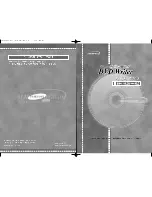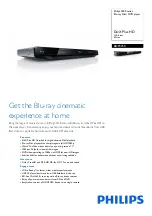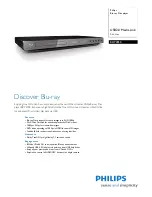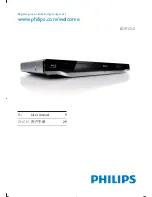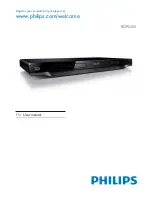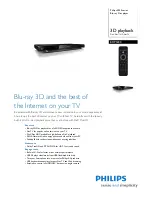
55
ON-THE-FLY:
refers to dynamic operations, i.e. those whose performance is based on
decisions made while the program is running rather than ones made ahead of time, for instance
if buffers are created on-the-fly, the interim storage space is created when it is needed and not
reserved ahead of time.
OPC:
Optimum Power Calibration
PACKET WRITING:
refers to writing incremental tracks to CD-R-/RW discs in small data
“packets” (similar to storing data on a floppy disk); this makes more efficient use of disc space
and is a useful backup tool; however, packet writing requires special software (e.g. Ahead’s
InCD) and CD-R/-RW discs must be formatted prior to writing.
PORT:
internal or external connection point or socket for connecting internal and external
I/O devices (e.g. printer, monitor, CD-ROM, etc.) to the computer.
RAM:
Random Access Memory; a type of volatile memory (data store) that can be written to
and read in any order, i.e. randomly, and is used to perform necessary tasks when the computer
is on (e.g. an active program is loaded into RAM); once the PC’s power is turned off, any
information loaded into RAM is lost; the term should not be confused with the storage capacity
provided by the hard disk.
ROM:
Read Only Memory; a type of non-volatile memory chip used to store data that cannot
be modified and that is filled with instructions for the PC’s CPU*.
SESSION-AT-ONCE:
refers to performing a disc writing session in one go without any
interruptions; given sufficient remaining disc space, further sessions can be added at a later
date.
SLAVE:
a computer or peripheral device that is controlled by a master computer or device.
SOUNDCARD:
an optional PC expansion board that enables audio data to be played and
recorded from a variety of different file types.
TRACK-AT-ONCE:
refers to writing to a CD-R/-RW disc a session at a time; given sufficient
remaining disc space, further information can be added at a later date.





















